I think you can achieve this with azure release pipeline.
If you are to use Classic UI Azure release pipeline. You can achieve stopping older builds when new builds is queued by configuring Deployment queue settings. See below screenshot:
1,Set the Maximum number of parallel deployments to control the parallel deployment. Check Deploy latest and cancel others will only deploy the latest queued deployment. All the previous queued(not running yet) deployment will be cancelled. But if a previous deployment is running. The latest queued build will have to wait until the running build to be completed unless you manually cancel it.

If you want to cancel the older running builds you can add a script task to call the rest api to cancel the previous running builds. See the example in below yaml pipeline example:
2, To only deploy to one target you can configure the Deployment targets as below in a deployment group job

If you are to use Yaml pipleline. The Deploy latest and cancel others and Deployment group jobs are not supported for yaml pipeline. See this use voice here.
In Yaml pipeline, you can use deploy jobs and environments instead. You can configure the Define approvals and checks for the Environment to enable the Exclusive lock to ensure only a single run deploys to this environment at a time. And configure the deployment strategy to set the maxparallel deployment.
To cancel the older running builds you can add a script task to call the rest api. See below example: Check my answer to this thread for more information.
- task: PowerShell@2
inputs:
targetType: inline
script: |
$header = @{ Authorization = "Bearer $(system.accesstoken)" }
$buildsUrl = "$(System.TeamFoundationCollectionUri)$(System.TeamProject)/_apis/build/builds?api-version=5.1"
echo $buildsUrl
$builds = Invoke-RestMethod -Uri $buildsUrl -Method Get -Header $header
$buildsToStop = $builds.value.Where({ ($_.status -eq 'inProgress') -and ($_.definition.name -eq "$(Build.DefinitionName)") -and ($_.id -ne $(Build.BuildId))})
ForEach($build in $buildsToStop)
{
echo $build.id
$build.status = "cancelling"
$body = $build | ConvertTo-Json -Depth 10
$urlToCancel = "$(System.TeamFoundationCollectionUri)$(System.TeamProject)/_apis/build/builds/$($build.id)?api-version=5.1"
echo $urlToCancel
Invoke-RestMethod -Uri $urlToCancel -Method Patch -ContentType application/json -Body $body -Header $header
}

